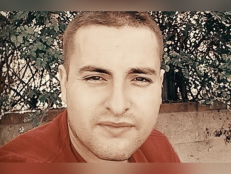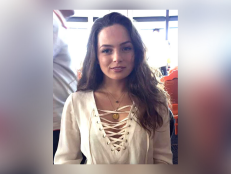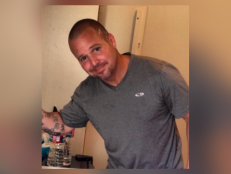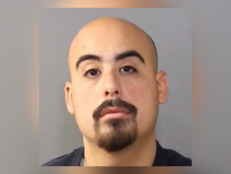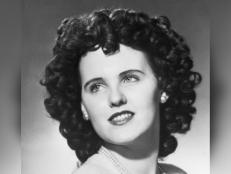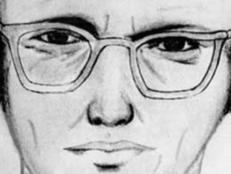5 Key Takeaways From The Fraud Trial Of Theranos Founder Elizabeth Holmes
The former business woman could face up to 20 years in prison if convicted of the charges against her.
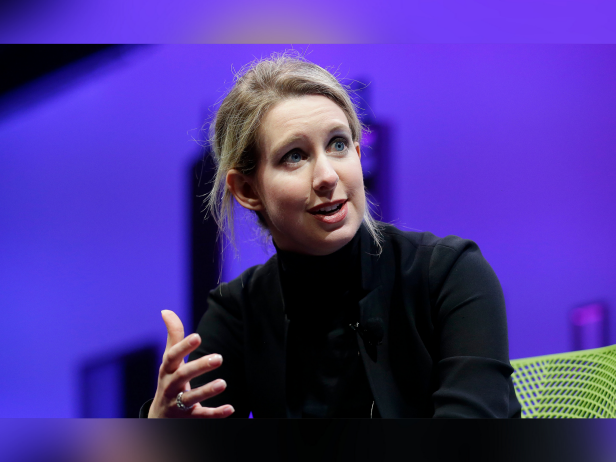
AP Photo/Jeff Chiu
Elizabeth Holmes, founder and CEO of Theranos
The trial is likely nowhere near over.
The Theranos fraud trial kicked off in early September and could last as long as into December. Holmes, whose company was once valued at as much as $9 billion before it imploded and dissolved in 2018, faces 12 charges of wire fraud and conspiracy to commit wire fraud. If convicted of the felony charges, she could be sentenced to serve up to 20 years behind bars, the Associated Press reported. Holmes has insisted she is not guilty of the accusations against her. “Failure is not a crime. Trying your hardest is not a crime. A failed business does not make a CEO a criminal,” her defense lawyer, Lance Wade, told the court in September.
Another juror is dismissed.
The trial has lasted well over a month already, and the 12-person jury has faced some obstacles that could result in a mistrial if they continue, The Wall Street Journal reported. Two jurors have now been dismissed from duty — one in September for financial hardship due to her employer declining to continue to pay for her as long as the trial lasted, and the other on Oct. 6 over concerns she felt guilty delivering a verdict because of her Buddhist beliefs, which she said require forgiveness and compassion. The five-person alternate juror pool is now down to three people.
The prosecutors’ central witness takes the stand.
Whistleblower Adam Rosendorff, a one-time Theranos Inc. lab director, testified for days as a central witness in the case against the now-defunct health technology company’s 37-year-old founder, Elizabeth Holmes. Testimony from Rosendorff, who was employed with Theranos from April 2013 to November 2014, included blood test details and his concerns about patient safety and incorrect test results. “The company was more about P.R. and fund-raising than patient care,” he said, according to The New York Times. Holmes’ defense team questioned Rosendorff’s integrity and what appeared to be contradictions in his testimony.
Prosecutors present evidence concerning faulty testing machines and results.
Prosecutors spent part of the fourth week of the trial detailing how Theranos testing machines were faulty and provided inaccurate results. One email presented at trial, The New York Times reported, showed how a patient’s erroneous test results led to an increase in her blood-thinning medication, resulting in the patient not feeling “right.” Prosecutors also noted how Celgene, a pharmaceutical company that had negotiated a deal with Theranos, cut ties with the company after discovering commercially available tests were more reliable than those from Theranos. Defense lawyers laid blame for the testing issues on Dr. Rosendorff, arguing he failed to respond to doctors’ worries about the tests in a timely manner. Rosendorff countered he “felt pressured to vouch for tests that I did not have confidence in,” according to CNN.
Some of Holmes’ biggest champions have now turned against her.
Former U.S. Defense Secretary James Mattis invested $85,000 in Theranos and sat on the company’s board for several years before he stepped down in 2016. At trial, he admitted he was once “rather taken” with Holmes and her company, but his opinion slowly changed and “there came a point where I didn’t know what to believe about Theranos anymore.”

